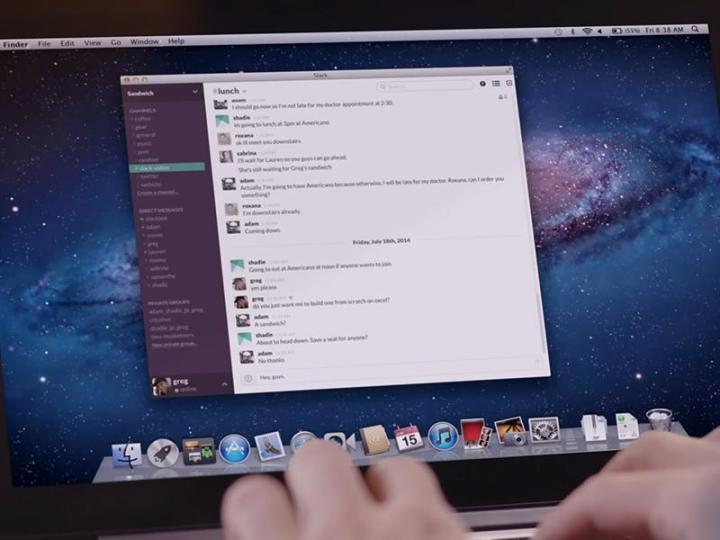
The new feature is called Slack Search, and it will initially only be available for paid accounts, although we wouldn’t be surprised to see parts of it trickle down to free users at some point, too. To explain how it works, if you search the term “hiring process,” for example, Slack will find the person who talks about that the most, at which point you can connect with them to talk.
The feature could be very useful for large teams, where not everyone knows everyone else. Instead of having to ask around to find the right person to talk to, you could just use the search feature to see who discusses the issue at hand the most. Or, you could use it to search through messages and see if the question has already been answered.
According to Slack, the feature will only use public messages, and it won’t use any messages provided by bots — so you don’t have to worry about your private messages with your colleague being on display. The new feature is also currently only available on desktop, although it will likely make its way to mobile at some point in the future.
Slack plans on launching a number of new features to improve its chat app in the future. Included in other upcoming features are channel highlights, prioritized reading, and daily briefings, according to a report from VentureBeat. We don’t yet know if there’s any kind of timeline for those features, but the firm has been routinely updating its apps, so we shouldn’t have to wait too long. For example, the company recently launched in-message menu options.
Editors' Recommendations
- An Apple insider just revealed how iOS 18’s AI features will work
- Google is launching a powerful new AI app for your Android phone
- The Amazon app on your phone just got a cool AI feature
- New ‘poisoning’ tool spells trouble for AI text-to-image tech
- Qualcomm says its new chips are 4.5 times faster at AI than rivals


